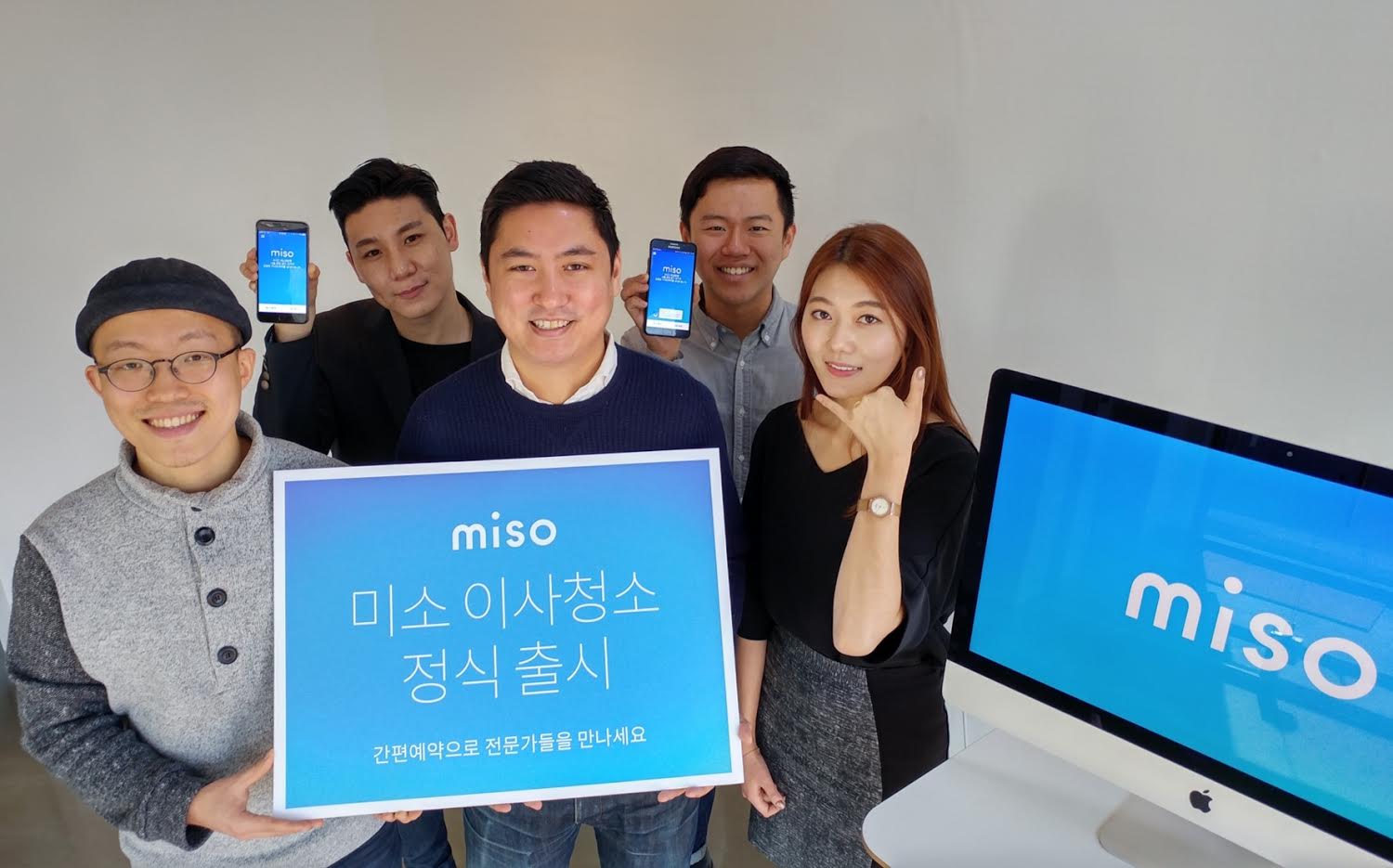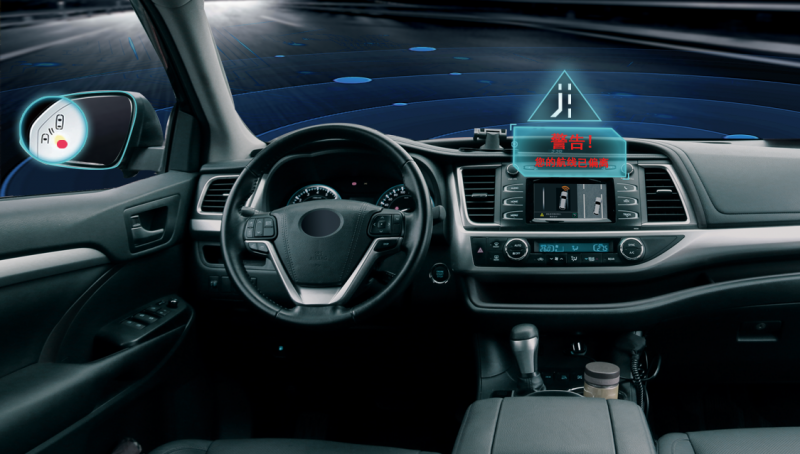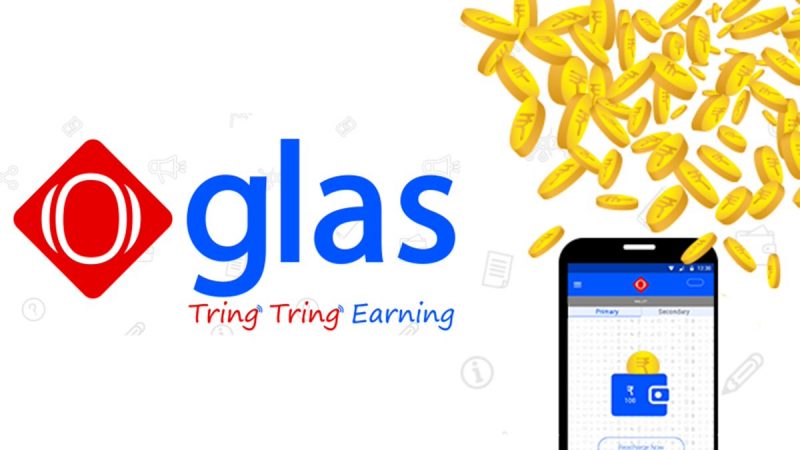Startup
-

South Korean home cleaning startup Miso launches on demand moving-out cleaning service
South Korean home cleaning startup Miso launches the on demand moving-out cleaning service beginning March in three major cities in South Korea – Seoul, Incheon, and Gyeonggi-do.
-

ZongMu Technology secures US$14 million series B Round to further improve self-driving tech
ZongMu Technology announced the completion of its listing on the China’s new Third Board along with the completion of its series B round worth 100 million yuan (about US$14 million).
-

Indian mobile ad platform Oglas raises angel funding to further product development
Oglas, a Noida-based mobile advertising startup has raised an undisclosed seed investment from two high net worth individuals – Pankaj Rungta and Yogesh Agarwal..
-

Le Young Pictures, a video firm established by LeEco founder’s wife raises US$174 million series A
Le Young Pictures, a video firm founded by Gan Wei has closed its series A funding which was participated by CDH Fund, Le Kai Hua Fund, and Linmon Pictures.
-

Temasek unit Heliconia launches US$422 million International Partnership Fund to help Singaporean firms expand globally
International Partnership Fund, hereby known as IPF has been launched in government capital and managed by Temasek’s private equity unit, Heliconia to help local firms acquire regional peers.





